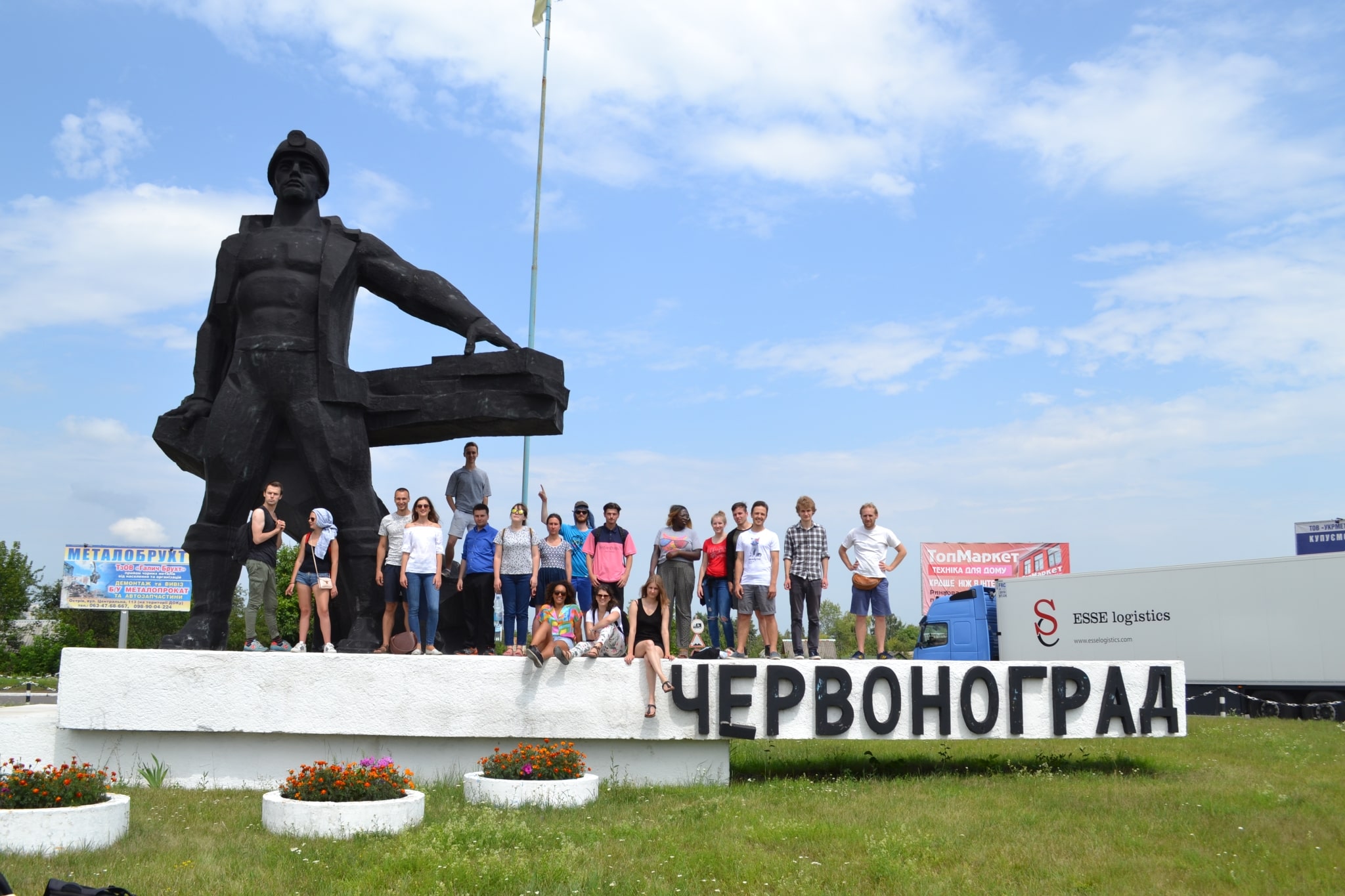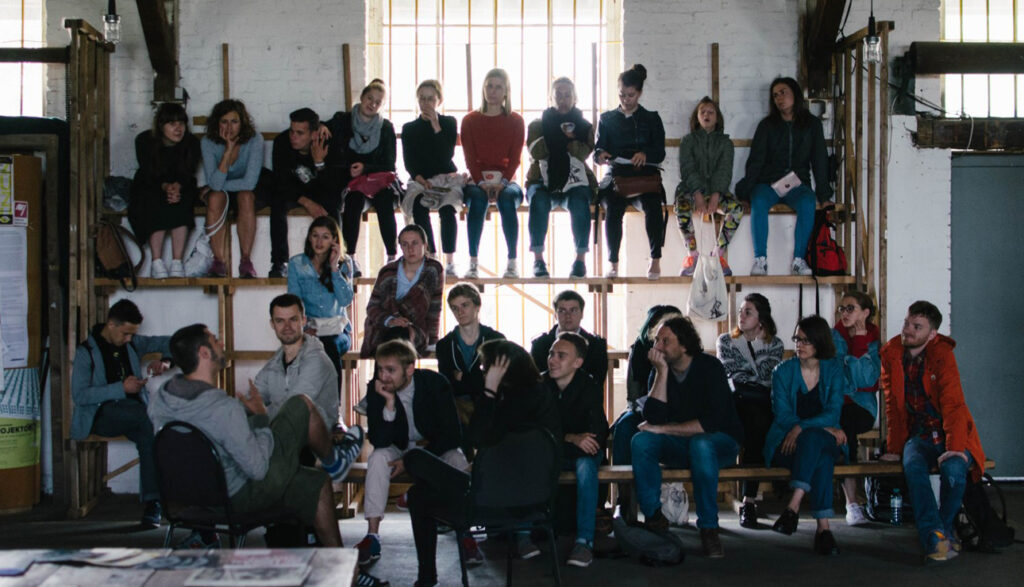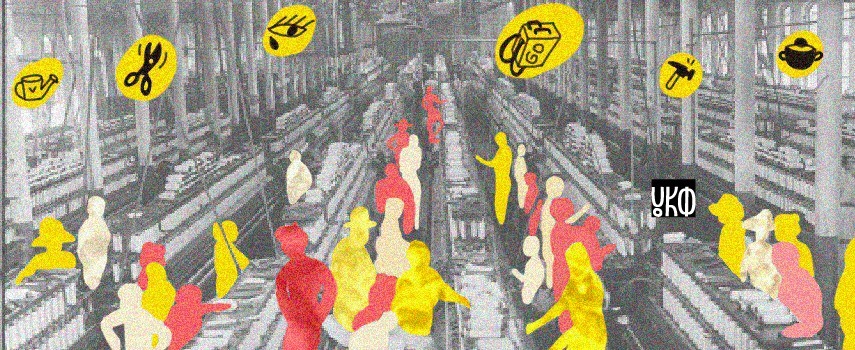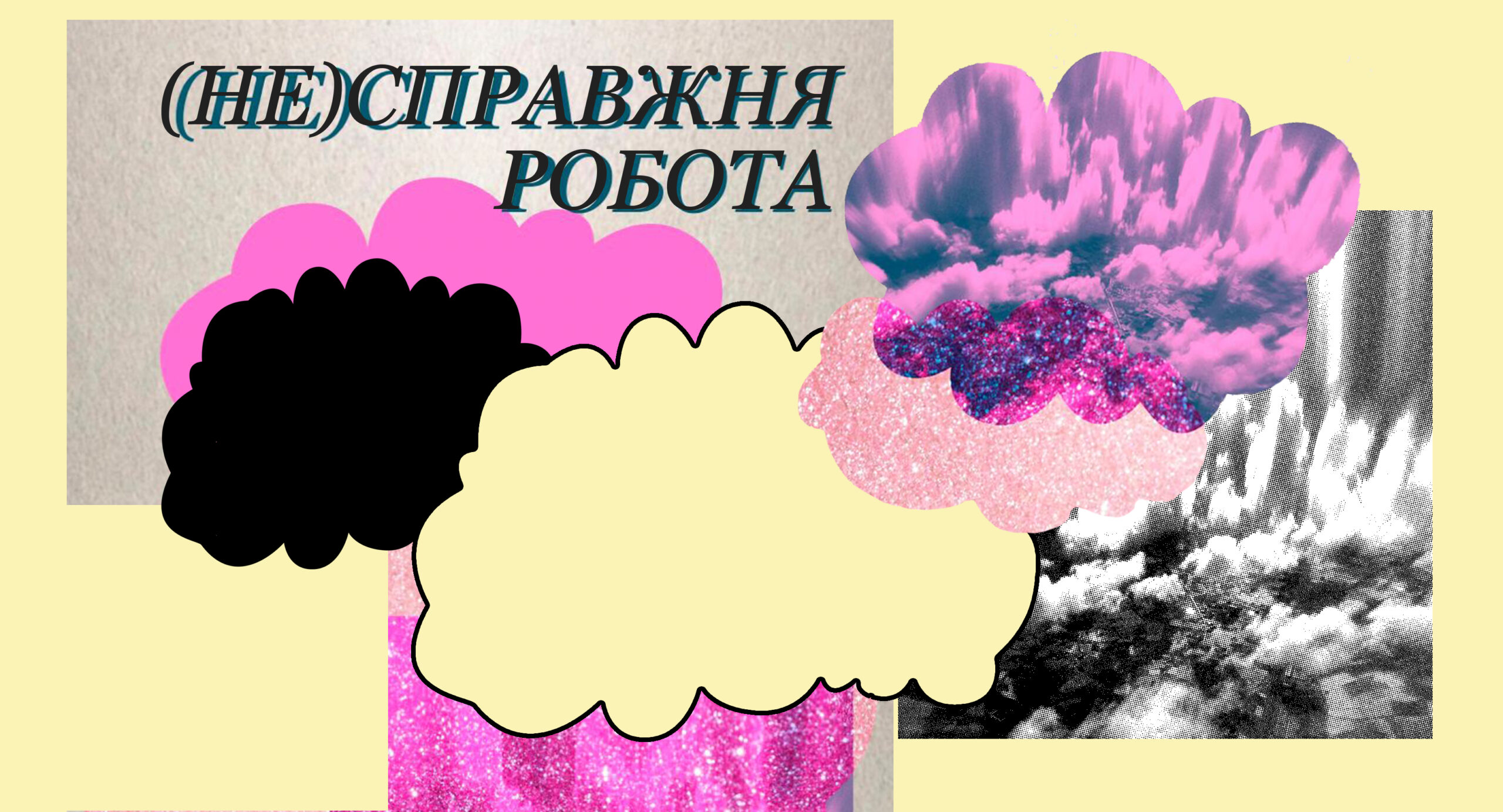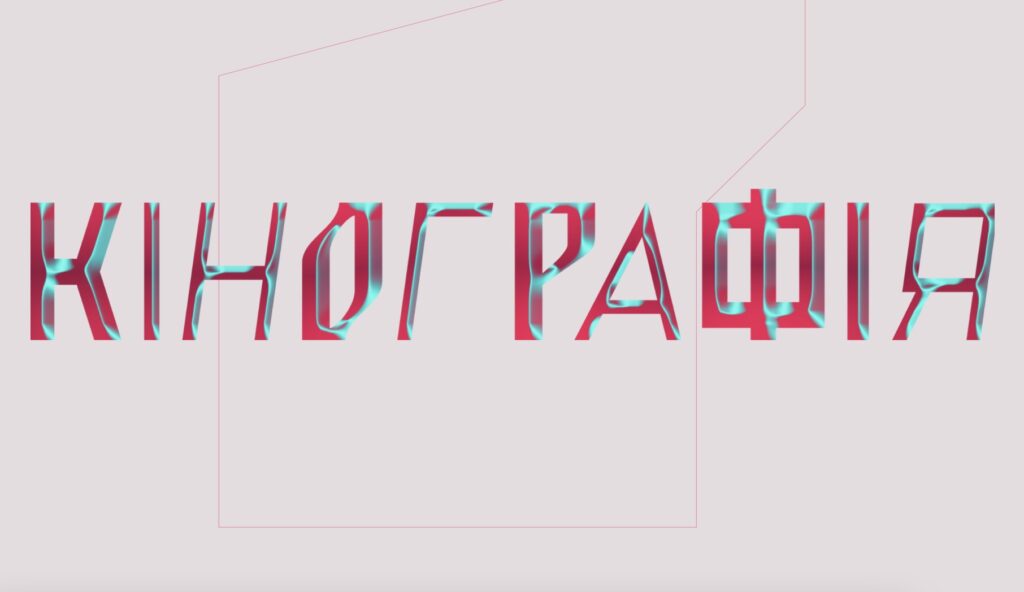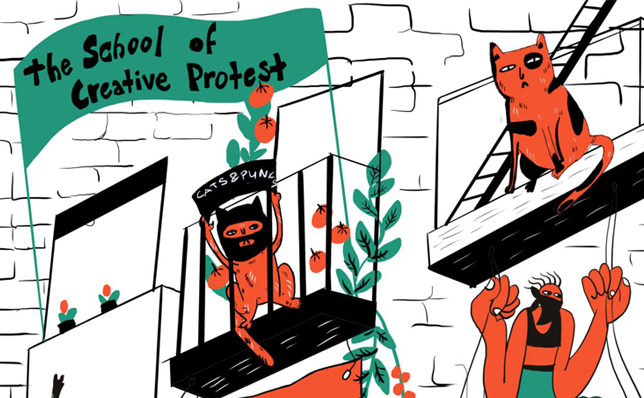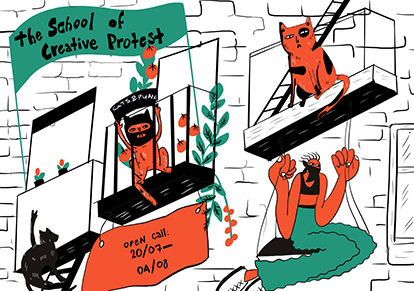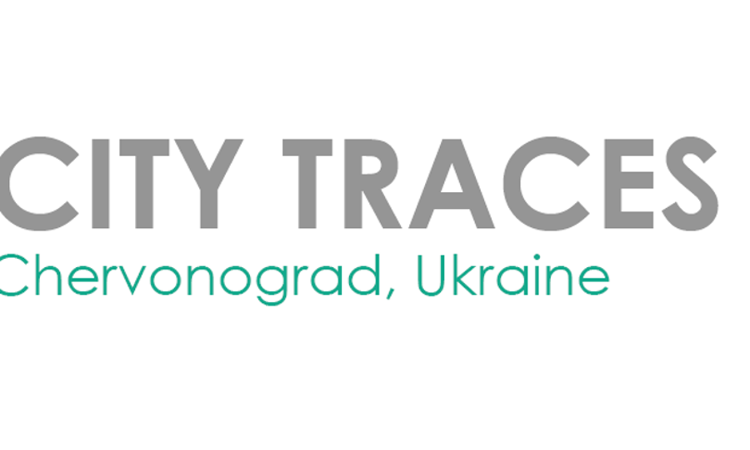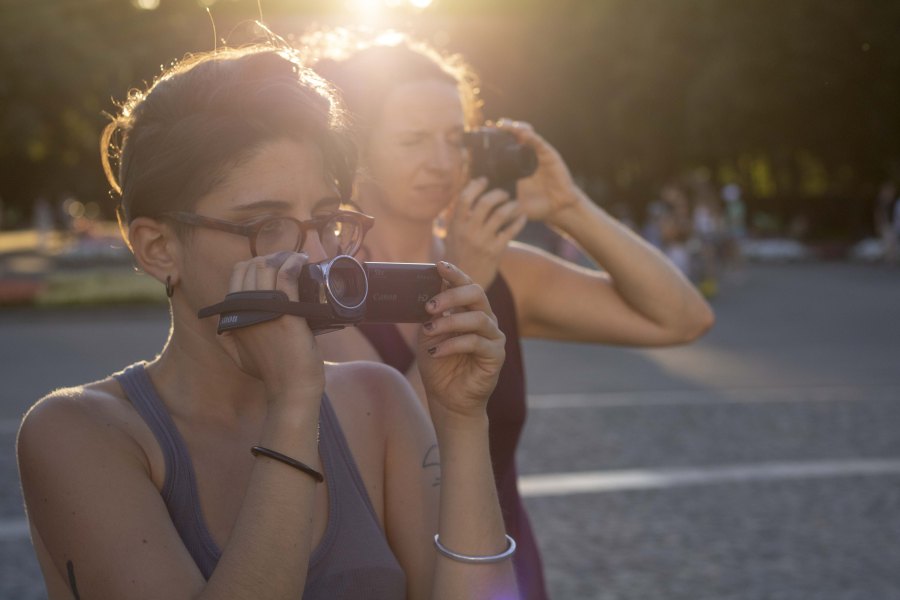City traces is culture project which proposes the multidisciplinary program for Understanding of the Present through discovering and rethinking the Past. The project is aimed to develop potential local community, reconnect people with their surroundings, raise of local identity of the town. City traces were created in cooperation with Echo.Contact during the project #CultureForLocalDevelopment by Instytut Adama Mickiewicza and European Solidarity Centre.
Inhabitants, activists, local communities, volunteers, local institutions, artists, scientists/researchers, foundations, private partners, municipal administration.
History
Chervonohrad is a small town in Western Ukraine (Lviv region) which was known as Krystynopil. The city was found by Kraków Voivode Feliks Kazimierz Potocki in 1692. Later, at Soviet Union times, when first coal mines appeared there it was named Chervonohrad (after 1951). At 1990 Chervonohrad became the first city in the whole Soviet Union, where a monument to Communist leader Vladimir Lenin was removed.
Nowadays one of the most important landmarks of the city is Count Potocki’s palace, constructed by the order of Feliks Potocki after 1692. Today palace became a religion and historical museum (the branch of Lviv Museum of the History of Religion). Palace is gradually being destroyed, by analogy to the buildings which were built after 1951 and exemplify the architecture of Soviet modernism.
Problem
Citizens of Chervonograd are alienated from their surroundings. This city which was adapted for coal mines workers at Soviet Union times is unattractive for tourists, the state is not interested in its development.
The project includes two stages and will last for 6-8 months in 2017:
1) Analysis and archive. Within the project “City traces” we will work with the museum’s archives, exposure, and to collect data by means of local historians and residents.
Actions: interview; archive; map; articles compilation; the collection of private artifacts; search for contacts.
2) Public Participatory Program: community art (art interventions in public space; map; workshops, exhibitions), educational program for groups (workshops; lectures; discussions), public program (workshops; lectures; movie (lectures, discussions)), guided tours, workshops, performances (documental theater), city navigation development.
The program of these thematic lines is focused on three key topics: Memory (Archive, history), Diversity (developing of multicultural practices), City narratives (contemporary stories and identity).
